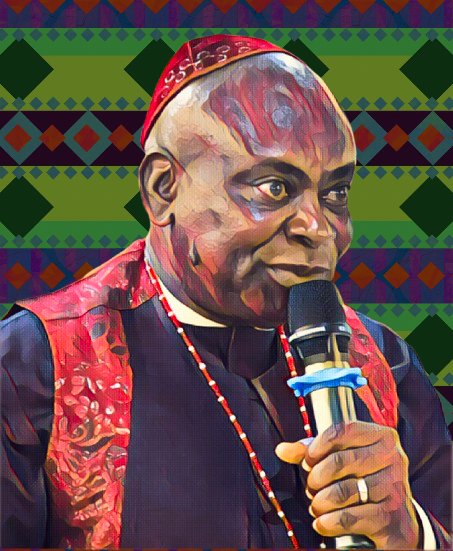Key Points
-
British imposed wrong education model on Africa, says Archbishop Edeh.
-
Cleric blames colonial schooling for stunted growth and dependency.
-
He urges reforms to align learning with African realities.
The Most Rev. Christopher Edeh, the Methodist Archbishop of Enugu, has spoken out against the colonial model of education that Britain forced on Africa. He says it set the continent on the wrong path and continues to hold back its progress decades after independence.
At the 38th Annual Synod of the Methodist Church in Enugu, Archbishop Edeh said that the British system of schooling was made to meet the needs of the colonial government, not to help African societies grow. He said that the system was mostly about clerical work and administration, and it trained Africans to be interpreters and record keepers instead of innovators, scientists, and businesspeople who could change the continent.
Britain forced Africa to use the wrong model of education
Archbishop Edeh told church leaders and government officials at the synod that “the British imposed the wrong education model on Africa.” “It was an education that made clerks, not creators.” It was made to help Britain’s empire, not Africa’s future.
The cleric used the works of Ghanaian scholar Kwame Nkrumah and Nigerian nationalist Obafemi Awolowo to show that colonial schooling was a way to control people, not give them power. He said that this legacy is still present in African classrooms, where students are taught to memorize things and get certificates instead of learning how to do things.
People are calling for changes in African education
Archbishop Edeh told policymakers, including Nigeria’s Minister of Education, Prof. Tahir Mamman, that they needed to change the national curriculum and put more money into training in technical, vocational, and science-based fields. He said that relying too much on colonial-era models was a big reason why youth unemployment, economic stagnation, and the mass exodus of professionals to Europe, North America, and the Middle East were still happening.
He also asked African universities, like the University of Lagos and Makerere University in Uganda, to be the first to change higher education in ways that are good for local economies and cultures. He warned, “If Africa doesn’t take charge of its educational future, we will keep sending talent abroad and bringing back dependence.”
Education and Africa’s way to independence
According to a report by Vanguard news, the archbishop asked faith-based groups and civil society to back the reforms, saying that churches have always been important in setting up schools across Africa. He told groups like the Christian Association of Nigeria and the African Union’s education commission to push for changes in the way things are done.
He said that making a new education system wasn’t just about skills; it was also about protecting Africa’s history. He said, “An education that cuts Africans off from their culture is no education at all.” He stressed the need for curricula that combine traditional knowledge with modern science.
His comments add to a growing debate across the continent, where policymakers and reform advocates are calling for an end to colonial legacies and the building of systems that fit Africa’s needs and goals.


